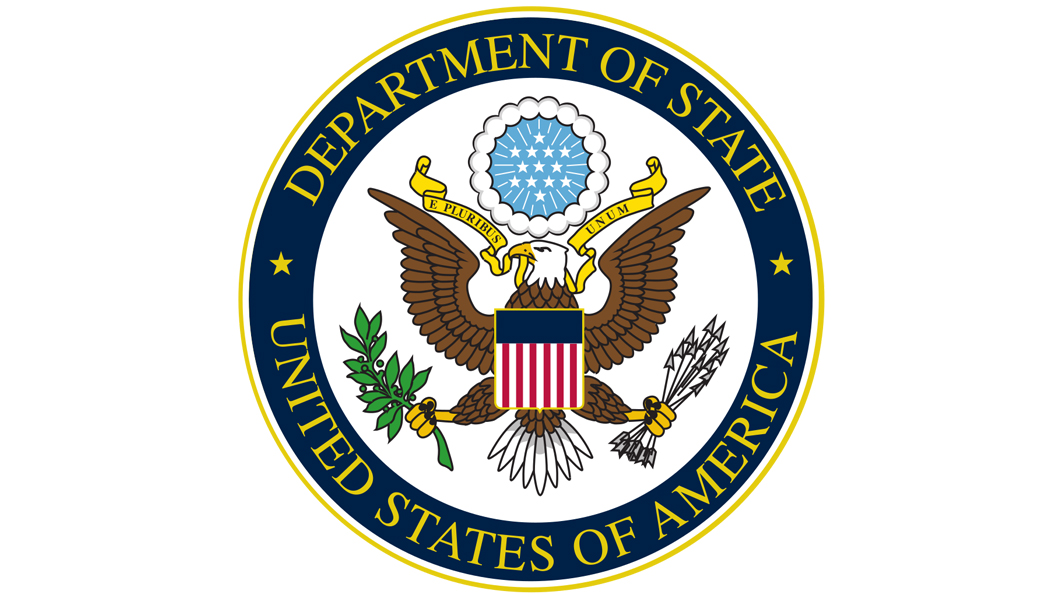Assisted reproduction technologies (ART) have helped thousands of couples across the country begin or expand their families through artificial insemination, in vitro fertilization (IVF) and surrogacy. But in many ways these technological advancements have come at a price.
Case in point is James Derek Mize and Jonathan Gregg. A married same-sex couple, they have recently filed a lawsuit against Secretary of State Mike Pompeo for denying their daughter citizenship. The problem, of course, is that while Mize is the biological father through ART, their daughter wasn’t born to both of them. Two biological men cannot have a child together. She was born to a surrogate, who is the child’s birth mother.
Over the years, the use of ART with same-sex couples has substantially increased, denying thousands of children a mother or a father depending on the make-up of the couple. Mize and Gregg argue that it doesn’t matter that the child was born to a woman, since as a married couple they are supposedly the child’s parents. But that’s not exactly how the State Department sees things. Policy states, per The Hill, “cases where the source of the sperm and egg do not match married parents are treated as ‘out of wedlock’ and require a higher bar to transmit citizenship.
The other problem with the couple’s case is that Gregg, who was born in the U.K. to an American mother, does not meet the five-year U.S. residency requirement. As the only genetic link to the child they’re claiming should be a U.S. citizen, he doesn’t technically qualify and thus her pathway to citizenship is compromised. It has nothing to do with discrimination, but they want to argue that it is and get State Department to change its policy.
Some members of Capitol Hill have also voiced similar beliefs. In June, 20 Democratic senators and 80 members of the House of Representatives signed a letter calling on Secretary Pompeo to reverse a policy that denies citizenship to children born to American citizens abroad through ART. The letters said that the State Department’s position is “cruel,” “offensive” and “deeply disturbing.”
It isn’t. The State Department’s policy exists, in part, because ART tourism has resulted in the abuse of women and the neglect or abandonment of children.
ART in the U.S. can be expensive, especially if the person or couple needs a surrogate. To bypass costs, some individuals or couples go to other countries in order to fulfill their desire for a family. But there are some significant problems. For example, both Thailand and India have eliminated the local surrogacy tourism industry because the women hired as surrogates were often abused. Thailand and India recognized the exploitation of their women and ended foreign surrogacy in their respective countries. It was a smart move.
When an individual or couple goes outside their country for ART, it can allow abusers to bypass the safeguards of their own country and get children through alternative means. This was the case with a couple from Australia who hired a surrogate in Thailand after they were unable to conceive their own. What the surrogate and her agency did not know is that the man in the relationship was actually a convicted pedophile who targeted young girls. He and his wife went to Thailand because it would be impossible to adopt a child in Australia because of his criminal record. The surrogate gave birth to a girl and boy who had Down syndrome. The couple took the girl and left the son with the surrogate. The case is part of the reason why international surrogacy is now illegal in Thailand.
ART can help many couples start a family if they are having trouble conceiving naturally, but not without its issues. While there are many people with good intentions, some choose to use surrogacy and ART to bypass protective laws here in the States or to start families at the expense of others. In the case of Mize and Gregg, their decision to artificially create their family has come at a cost. The State Department is right to take a closer view at their case and any other case involving ART. It isn’t discrimination, it is a way of protecting children.
For more on Surrogacy – check out our resource What’s Wrong with Surrogacy?






